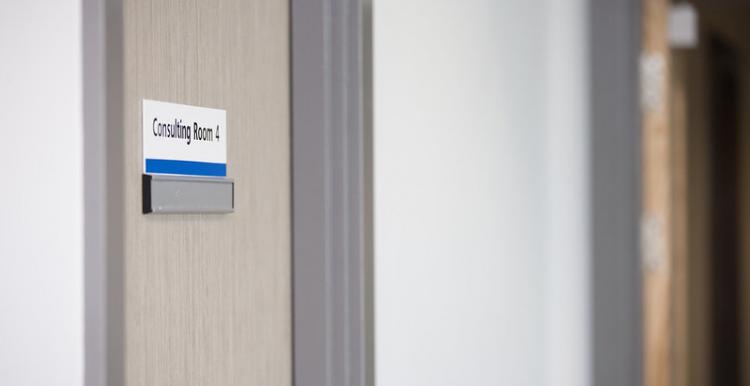Remember to cancel your GP appointment if you are no longer able to attend

More than 15 million general practice appointments are being wasted each year because patients do not turn up and fail to warn surgeries that they will not be attending.
There are around 307 million sessions scheduled with GPs, nurses, therapists and other practice staff every year and 5% – one in twenty – are missed without enough notice to invite other patients. That works out as around 15.4 million missed slots.
Of these, around 7.2million are with busy family doctors, which adds up to more than 1.2 million GP hours wasted each year – the equivalent of over 600 GPs working full time for a year.
Each appointment costs an average of £30, putting the total cost to the NHS at more than £216million pounds on top of the disruption for staff and fellow patients that would pay for:
- The annual salary of 2,325 full time GPs
- 224, 640 cataract operations
- 58,320 hip replacement operations
- 216,000 drug treatment courses for Alzheimer’s
- The annual salary of 8, 424 full time community nurses
NHS England is ramping up access to GPs and other health professionals by recruiting thousands of new practice staff and appointments are now available in the evening and at weekdays right across the country.
However, patients can do their bit by making a New Year’s resolution to let the NHS know if they cannot attend an appointment.
“We know that timely access to general practice appointments are a priority for the public which is why we are growing the workforce and offering evening and weekend appointments.
The NHS long term plan will set out how we will build on this progress but patients can do their part by letting the NHS know if they can’t make their slot – freeing up doctors, nurses and other professionals to see those who do need care and attention.
This is particularly important as we go in to winter. Our message is clear: if you cannot make it to your appointment or no longer need a consultation, please let your GP practice know in advance so the appointment can be filled by another patient.”
Evening and weekend access to GP services has been available across the country since December, more than three months ahead of schedule, and means there will be an estimated nine million extra appointments each year. The appointments are available across seven days and through designated local NHS services, or in some cases a patient’s own GP practice.
They are being offered in addition to other services such as out of hours GPs and NHS 111 that offer access to clinicians at any time day or night.
“When patients miss appointments it can be a frustrating waste of resources for GPs and our teams, but also for other patients who are struggling to secure an appointment for themselves.
There may be many reasons why a patient might miss an appointment, and in some cases it can be an indication that something serious is going on for that individual – but we would urge patients to let us know if they can’t attend as soon as possible, so that we can offer that time to someone else who really needs it. To this end, practices are using electronic methods, such as SMS reminders, to encourage patients to keep their appointments, or cancel them in a timely manner.”
The NHS long term plan will include a historic commitment that funding for primary and community services will rise faster than the NHS budget as a whole by at least £3.5billion in real terms, over the next five years improving weekday access.
Recent figures show that surgery staffing is on the rise with 5,321 more other health professionals working alongside GPs than three years ago. This exceeds the target of 5,000 by 2020 set out in the General Practice Forward View with the greatest increase in staff has been in frontline patient care roles, including pharmacists, nurses and paramedics.


